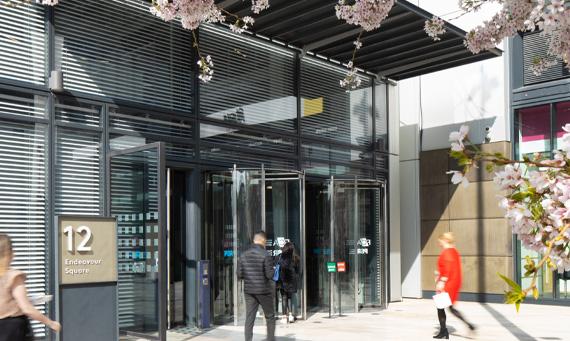Councils plan to pay private schools £2.1bn this academic year to fund support for students with special educational needs in England, up 15 per cent on last year, as local authority budgets are already under severe pressure.
The allocation represents a sharp rise on the £1.8bn set aside last year, according to data published by the Department for Education on Thursday, and a three-fold increase on the £710mn given in 2015.
The data comes as growing recognition of conditions such as autism has led to a surge in demand for state-funded special educational needs and disabilities (Send) services, with one in four councils threatening bankruptcy due to rising costs.
Julia Harnden, funding specialist at the Association of School and College Leaders, a professional body, said the growing reliance on private provision reflected a lack of capacity in the state system as funding had not kept pace with rising costs and demand.
“The system is broken and indirectly it’s impacting everybody because it’s reducing budgets for schools,” she said. “High-needs funding has increased . . . but a reasonable chunk of that is disappearing straight into councils’ deficit recovery pots.”
Under the 2014 Children and Families Act, councils are legally required to pay the costs of support outlined in a pupil’s education and health care (EHC) plan, which are given to children with the most acute needs and sets out what assistance they require.
There were almost 34,000 students with EHC plans at private schools during the 2023-24 academic year, 2.5 times as many as there were in 2015-16.
Most of these students attend privately funded special educational needs schools. There are 728 of these schools in England, a rise of 60 per cent compared with 2016. Over the same period, the number of state-funded special educational needs schools has risen just 8 per cent to 1,050.
The previous Conservative government committed £2.6bn of capital funding for Send provision in 2021 and a further £105mn for 15 new special free schools in the March 2024 budget.
“The time it has taken to get that allocation into bricks and mortar is just too long,” Harnden said.
Council leaders have warned of a looming financial crisis in the sector, with Send deficits forecast to hit £5bn in 2026 when the removal of a temporary accounting override will force special needs spending back on to their balance sheets.
Kate Foale, special educational needs spokesperson for the County Councils Network, said the system needed to be reformed to incentivise mainstream schools to support more pupils with complex needs and reduce reliance on placements at special education schools.
“Despite councils’ spending on services rising exponentially over the last decade, educational outcomes have not improved,” she said. “The system works for neither parents, pupils or councils alike.”
Luke Sibieta, research fellow at the Institute for Fiscal Studies think-tank, said the rising pressure has cut the support available for Send pupils without EHC plans.
“This creates strong incentives for parents to apply for an EHC plan, go through the legal system or pay for private provision themselves,” he added. “Naturally, not all parents have the time or resources to do this, which leads to significant inequalities and gaps in provision. It’s basically a vicious cycle.”












































































































































You must be logged in to post a comment Login